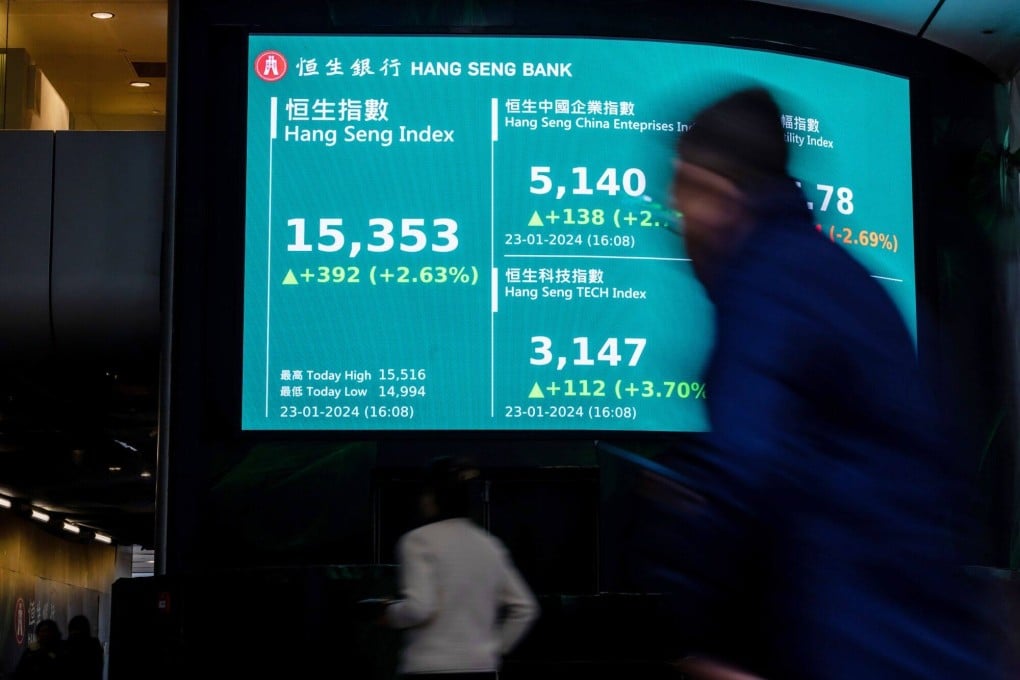The View | Worst may be over for Hong Kong stocks – it’s time to buy
- Shares on the Hong Kong bourse offer excellent value and the market will receive unstinting support from Beijing
- While the US and European markets are outperforming Hong Kong’s now, their ability to keep inflation down relies on the weakness of China’s post-Covid economy

Hong Kong has almost always been cheap. I’m not talking about the cost of housing or the prices in the supermarkets – but the value of the stock market. For the decades leading up to the handover in 1997, the Hong Kong market was consistently one of the cheapest in the world, as measured by the time-honoured ratio of share price to company earnings (P/E).
Scores of investors – usually those who think of themselves as “masters of the universe” – were caught out thinking that the market would always rise to match global valuations.
Hong Kong was cheap, despite its superb economic growth in the 1980s and 1990s, because of the uncertainty regarding the handover – and markets don’t handle uncertainty well. That anomaly disappeared as the post-handover period finally saw P/E ratios catch up with those elsewhere.
This was capitulation – the point at which everyone gives up. Oh, to have bought some call options at that stage. The worst thing an investor can do is to know that they have the right investment idea – and not execute the trade.
